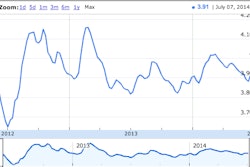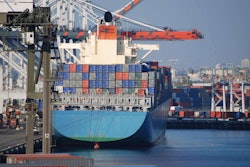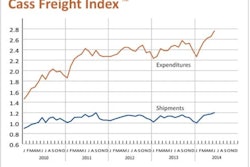HELP Inc., the non-profit public-private partnership that provides PrePass weigh station bypass and truck safety screening services, announced a significant milestone in its growth.
During the month of May, participation in its growing nationwide system reached more than 475,000 pre-screened and qualified commercial trucks, the highest number ever.
“This is a significant accomplishment for HELP Inc. and PrePass because it illustrates the success of our primary mission to improve safety for all highway users while increasing efficiency for the commercial trucking industry,” said Karen Rasmussen, HELP Inc.’s president and CEO. “At many PrePass sites, the system also protects our roads by helping officers identify overweight trucks so they can get them off the road.”
With 304 operational sites in 31 states, PrePass is the largest truck safety pre-clearance system in North America. In the next few weeks, new sites will open in Louisiana, Mississippi and Oklahoma, with another eight sites in various stages of planning in a number of other states.
“Our company was one of the earliest to be qualified for PrePass when the program was first getting started, and as our fleet has grown and our business needs have changed, PrePass has consistently saved us time and fuel through safe bypasses,” said Dennis Firestone, president and CEO of Pomona, California-based KKW Trucking, Inc. “Though in all honesty, the most important reason we signed with PrePass is because we identified how important it is for our drivers. Recruiting and retaining drivers has become our single largest challenge and we have found PrePass to be a very inexpensive yet important benefit to offer them.”
Since HELP began collecting savings data in 1997 based on estimated time and fuel savings for bypassing weigh stations, PrePass has saved trucking companies more than 239 million gallons of fuel and more than 49.9 million hours of driver time, resulting in more than $4.2 billion in operational savings. These savings also have reduced truck emissions by more than 525,000 metric tons. Based on Environmental Protection Agency (EPA) estimates, this is equivalent to taking more than 100,000 cars off the road.










